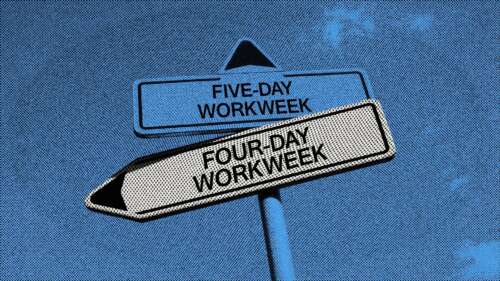In the US, prior to the coronavirus pandemic, eating out at restaurants versus getting a takeaway from home felt like two very different decisions. One was based on socialising and discovering new foods or experience, while the other was about convenience and comfort. But with restaurants mostly shuttered for the last three months, with many having to pivot to takeaway services, some speculate whether delivery-only restaurants and high-quality takeaways will become the norm.
Considering that restaurants may have more sizeable takeaway businesses and traditional takeaways may have more competition, both will have to reconsider how they market to each other’s audiences. But is there any difference between America-based Restaurant Regulars and Food Delivery Fans? What nuances should marketers keep in mind when trying to appeal to these communities?
FOODIES RANK HIGHLY
The foodie-ification of culture is clear in the top tribes of both the Restaurant Regular and Food Delivery Fans tribes. The largest tribes of both studies are Foodies who define themselves by their love of eating. This is perhaps unsurprising for Restaurant Regulars who clearly like to invest some of their money in a good meal. The largest tribe within this study, Social Foodies consist of 40% of the overall study and define themselves with key bio words such as ‘food’, ‘wine’, ‘beer’ and ‘restaurant’ and are highly engaged with the restaurant industry.
But those who prefer to eat in are just as interested in food trends and quality ingredients. Making up 29% of the Food Delivery study, the largest tribe is Trendy Foodies who are clearly preoccupied with food with hashtags such as #food and #recipe ranking highly. They’re preference for delivery may lie in their busy schedules rather than an indifference to food quality.
DIFFERENT INFLUENCERS REVEAL DIFFERENT TASTES
Although both studies have large foodie tribes, looking at the top 100 influencers across each study it is clear that Restaurant Regulars are more embedded and interested in the food and restaurant overall, intrigued by new openings and trade news. Whereas Food Delivery Fans are a much more mainstream cohort, with more varied interests.
Looking at the types of influencers that top the Restaurant Regulars list, they are all industry-insiders with food media, chefs and food writers all making appearances within the top 50. Of the top 10 influencers, six are food publications including Bon Appetit, Food & Wine, NYT Food and Saveur – indicating a preference for high-end food news.
Meanwhile, the top influencers of Food Delivery Fans are more mainstream figures, especially within the pop culture and political spheres. Political figures such as former President Barack Obama, Hillary Clinton, President Donald Trump and news organisations like CNN, The Washington Post and The Associated Press all feature in the top 50. Mainstream comedians like Jimmy Kimmel and Stephen Colbert also indicate a mainstream audience. This indicates that Food Delivery Fans are joined less by any shared personality traits but rather based on their motivations for purchasing food takeaways.
DIFFERENT MOTIVATIONS FOR PURCHASING
One of the clearest differences between the two studies is that one coalesces around personality traits while the other coalesces around the motivation for purchasing. It is clear that across tribes, the Restaurant Regulars all have a shared love of food and enjoy spending their discretionary income on leisure activities. Tribes within the audience such as Health Food Fanatics, Miami Socialites and Houstonian Fine Diners all paint a picture of a slightly older, millennial audience leading professional and sophisticated lifestyles.
Meanwhile the food delivery fans are a much broader audience with varying interests but all share reasons for why they might engage with food delivery brands – namely they are time-poor and might be reluctant to leave the house. Decision-making Mums and Tech-Savvy Professionals are the #2 and #3 tribes by size are both tribes that are defined by their busy-ness who would look to Food Delivery for its convenience while other tribes such as Trendy Youngsters, Gamers tribe and Sport Fanatics tribe may constitute people enjoy good food, but have better ways to spend their time than heading out to a restaurant.
PARENTS: THE CROSS-OVER COMMUNITY
A key audience for both restaurants and food delivery services to hone into is parents. In both studies, tribes based on parenting rank highly, whether that be the Professional Parents tribe, who have the income to frequently dine out in Restaurant Regulars or the City-dwelling Mums and TV-loving Mums tribes within the Food Delivery Fans audience, who are happy to grab a takeaway for their family before tucking into some well-deserved rest on the couch.
Note however, that ‘parents’ are not a monolithic group. Take for instance the top influencers of Professional Parents versus City-dwelling Mums. While the latter is interested in entertainment news and celebrity gossip, following Entertainment Weekly and TMZ, the former have sophisticated tastes with The New Yorker and Wall Street Journal in their top influencers.
Catch up on the latest trends and insights here.
Interested in finding your core audiences? Book a platform demo today.




































